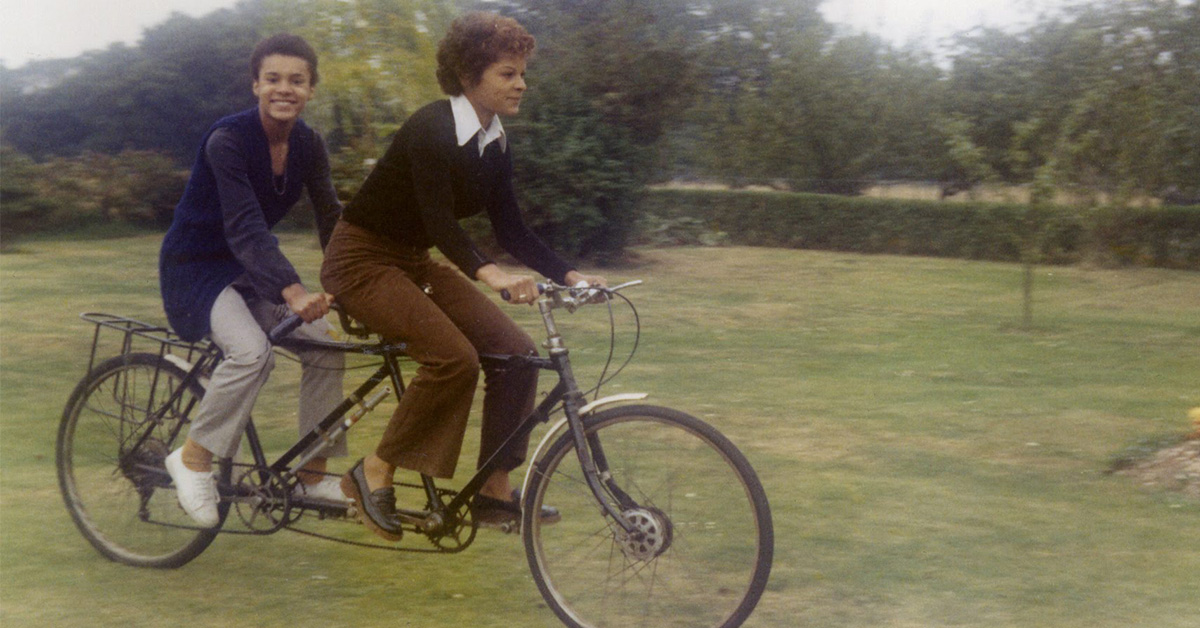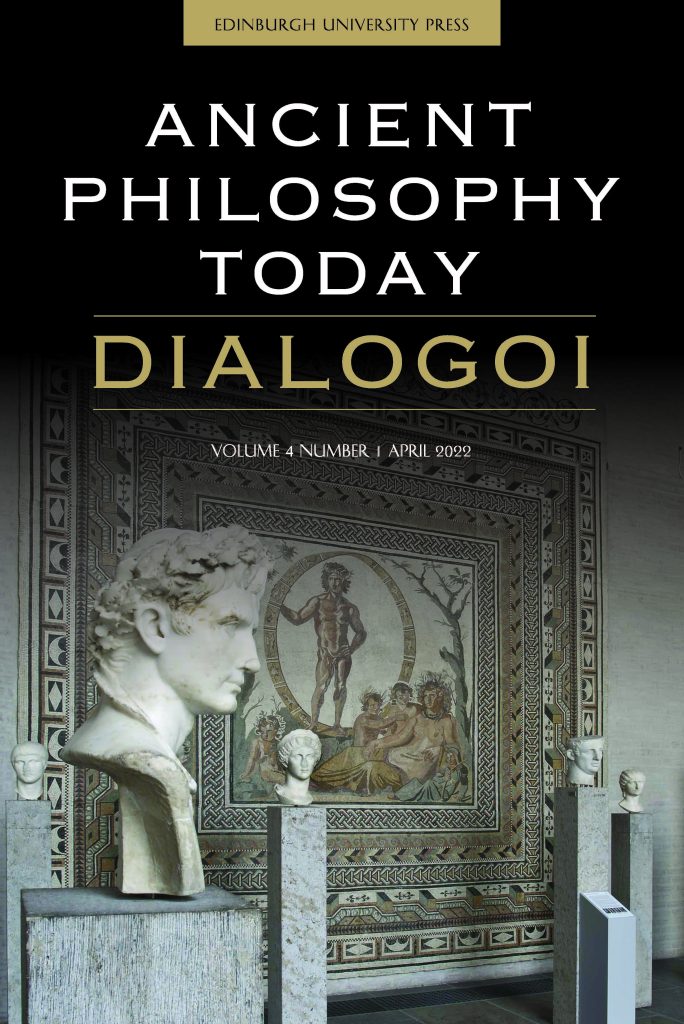
by John M. Pemberton
Is the world changing?
When you cycle along on your bicycle, are you moving? If you ask the woman on the Clapham omnibus, then the answer will be an emphatic: ‘Yes, of course!’
However, many of the ancients cast doubt on change, not least the Eleatics. Parmenides famously questioned whether change is real, and Zeno suggested it is paradoxical. Aristotle, committed to securing the possibility of natural science, argued against such views in favour of the reality of change. When we look carefully at his arguments for doing so (most notably within the Physics), we see that he secures the reality of change through establishing the reality of changing. Through his solution to Zeno’s arrow paradox, he offers us a compelling and intuitive changing-through-time account of change.

Curiously, though, contemporary philosophers have largely reverted to a view that the world is not changing: when you are cycling along on your bicycle you are not moving. That, at least is the dominant orthodoxy within contemporary metaphysics, which subscribes to the at-at account of motion and generally a mosaic picture of ontology (such as that of Hume or Lewis).
Have contemporary philosophers, then, defeated the arguments of Aristotle and secured a rejection of changing? In a recent paper, I argue not: I show how we may follow Aristotle in developing an intuitive changing-through-time account of change that is consistent with contemporary approaches in philosophy and science.
This recent paper is my contribution to the thematic April 2022 issue of Dialogoi: Ancient Philosophy Today. This volume arose from exciting philosophical exchanges that began at the Change and changemakers in ancient philosophy (CCMAP) conference, held online in July 2021. The conference, a collaborative initiative of the Change and Changemakers Network (Siegen) and the Mereology of Potentiality Project (Oxford), served as a venue for exploring ideas from ancient discussions concerning change and changemakers that have salience for contemporary philosophical debates. It brought together a mix of philosophers focused variously on ancient and contemporary research. The enthusiastic response to the conference demonstrated both the lively interest in the topics of change and changemakers (where contemporary work may often take place under headings such as powers, causation, modality and persistence) and the resurgent interest in considering ancient ideas within contemporary debates.
For anyone interested in how ancient insights can be brought to bear on questions concerning change or changing today, I thoroughly recommend this special issue.
Want to keep up to date on all things Philosophy? Sign up to our mailing list.
About the journal
Ancient Philosophy Today: DIALOGOI provides a forum for the mutual engagement between ancient and contemporary philosophy. The journal connects interpretative work in ancient philosophy to current discussions in metaphysics, epistemology and ethics, and assesses the continuing relevance of ancient theories to current philosophical interests and debates.
Find out how to subscribe, or recommend to your library.
Sign up for email alerts to get all of the latest news, releases, and offers from our Philosophies journals list.
About the author

John is an Associate at the LSE, Oxford and Durham Universities. He publishes in both ontology and the philosophy of science. His current work focuses on change and the ontology of change.






